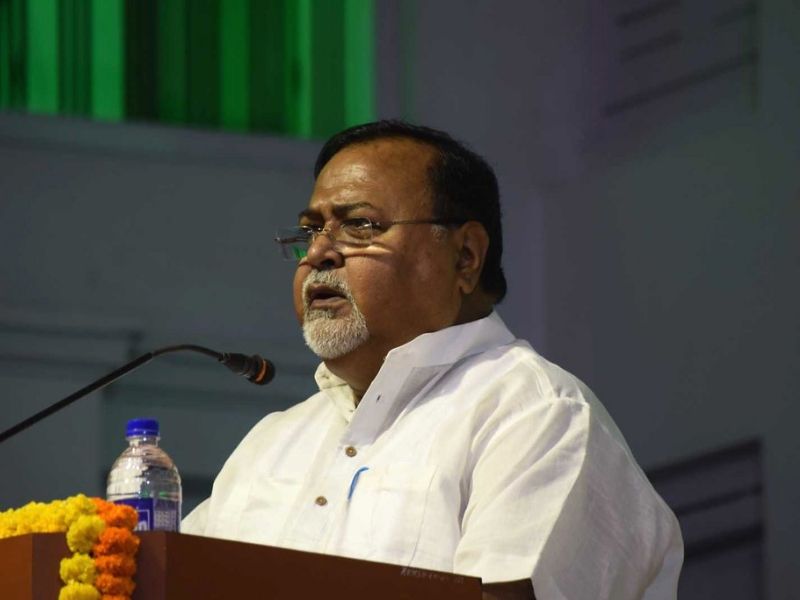The West Bengal Government formed a committee to study the New Education Policy 2020, which said that the NEP lacks clarity and may not be equally applicable to the entire country due to its different cultural heritage. West Bengal Education Minister Partha Chatterjee formed a six-member committee of well-known academicians, saying that the state government would be conveying its opinion on the new policy to the Centre, based on the reports submitted by the panel.
The committee members included Jadavpur University Vice-Chancellor Suranjan Das, Indologist Nrisingha Prasad Bhaduri and educationist Pabitra Sarkar as members. A 100-page report was submitted by the panel to the higher education department on August 23, 2020, but the state education ministry has not communicated its viewpoint to the central government.
A member of the panel informed that since India had a diversified socio-economic condition, a common yardstick was not applicable to every state that too at the primary and secondary levels of education. Chatterjee added, “Certain features of the New Education Policy, such as redesigning of class 10 board exams and reforms in primary schools, lack clarity. In a country of 130 crore population, you cannot thrust a uniform education policy on all states, regardless of their linguistic heritage and customs. What can be applicable to Manipur, what is relevant in Punjab, may not make sense in West Bengal or Tamil Nadu.”
Chatterjee had earlier slammed NEP, and referred to it as a “copy of the system prevalent in western countries.”
“The policy also promotes a “broad-based, multidisciplinary, holistic undergraduate education with flexible curricula, creative combinations of subjects, integration of vocational education and multiple entries and exit points with appropriate certification”, said the panelist.
Source: Times Now
Read: National Education Policy 2020 Series
Also read: National Education Policy 2020 — Reimagining Higher Education & Rewriting the Future of Young India
Posted in News, States























